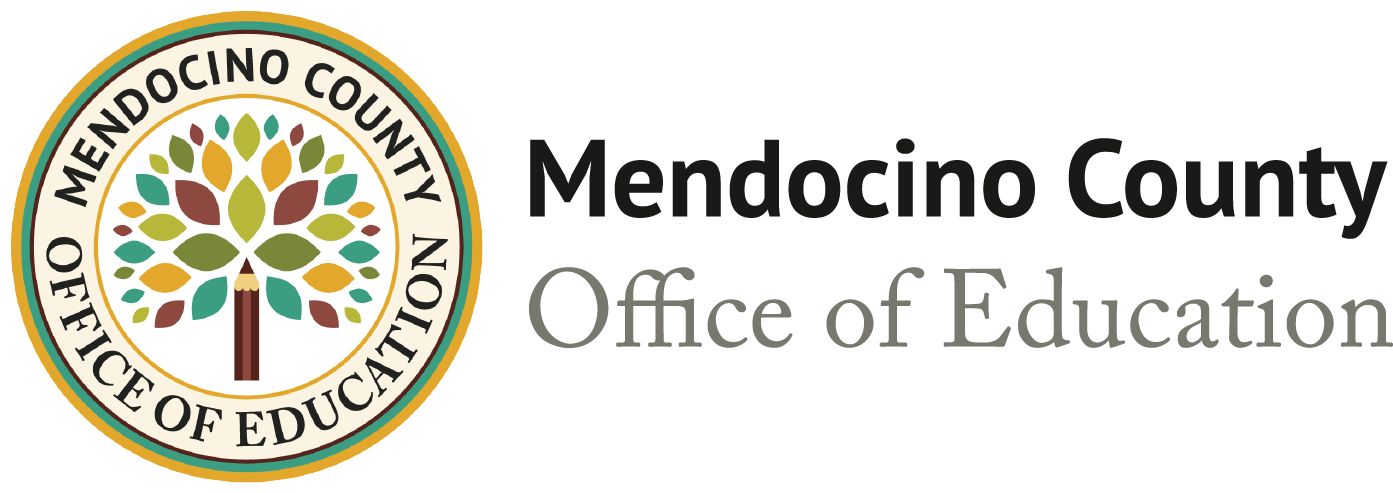
Universal Prekindergarten Family Guide
View or download this content as a printable two-page brochure (PDF).
Haga clic aquí para ver en español (PDF).
Finding the Best Program for Your Four-Year Old
Parents of 4-year-olds have a range of educational options. Attending a high-quality early education program prepares children to develop critical social-emotional, cognitive, and early academic skills to be ready for kindergarten and beyond. Finding the best options for your child takes time and research. You know your child best.

.jpg?mask=1)
High-Quality Early Learning
High-quality programs create early learning experiences, environments, and relationships that support children's growth and development. A high-quality early learning
experience:
- Fulfills your child’s curiosity
- Positively impacts academic performance through play-based learning
- Provides structure, balanced with choices
- Builds your child’s desire to learn
- Provides opportunities for physical activity
- Builds social and emotional development by increasing your child's positive behavior, self worth, and confidence
Families Should Keep in Mind
- Cost of the program and/or family eligibility for services
- Parent and child expectations
- Before and after school care
- Length of day
- Hours, months, and holiday operations
- Student support services
- Readiness of your child
- Transportation options
- Meal options
Questions to Ask
- Is there a daily plan to guide learning?
- Does the schedule include play time, rest time, learning activities?
- How many children will be in the program?
- Are additional adults available to help in the classroom?
- What are the opportunities for family involvement?
- How does the outdoor play environment support physical development?
- Does your child have the option of flexible seating when engaged in learning?
- Does your child communicate personal needs like using the restroom?
- How do the teachers support the child’s home language?
- How is children’s play integrated into daily learning?
- Do teachers and children engage in conversations?
- Do the children appear to enjoy the learning?
- Does the learning environment include centers, i.e., library, dramatic play, etc?
| Prekindergarten Options | ||||
|---|---|---|---|---|
|
California State Preschool Program Contact your local school district or call: 707-467-5123 |
Part-day services for eligible families. Provides developmentally, culturally, and linguistically appropriate curriculum. |
2 years, 9 months to 5-year-old children. |
Teacher: 24 CDV units + 16 GE units. Site Supervisor: AS degree or higher in Child Development + 8 CDV units in Admin/Adult Supervision. |
1 adult to 8 children. |
|
Family and/or Private Programs Contact Rural Communities Child Care at: 707-263-4688 ext. 414 |
Includes community-based and private programs, family child care providers, and family, friend and neighbor care. |
2 years, 9 months to 5-year-old children. Varies by program; some also offer infant and toddler care. |
Teacher: Qualifications vary by program. Please consult with specific programs to learn more. |
Ratios vary based on program type. |
|
NCO Head Start Program Contact: 707-462-2582 |
Full-day family-focused holistic child development program for eligible families. Services include education, disability, health, mental health, nutrition, and social services support. |
2 years, 9 months to 5-year-old children. |
Associate Teacher: 12 CDV units + Permit. Teacher: AS degree or higher in CDV + Permit. Site Supervisor: AS degree or higher in CDV + Permit. |
1 adult to 8 children. |
|
Transitional Kindergarten
Contact your local school district |
First year of a 2 year kindergarten experience. Developmentally-informed, based on California Preschool Learning Foundations. Modified kindergarten curriculum. |
2022-23: Turns 5 between Sept. 2 & Feb. 2 2023-24: Turns 5 between Sept. 2 & Apr. 2 2024-25: Turns 5 between Sept. 2 & June 2 2025-26: Turns4bySept. 1 |
Credentialed teachers: Complete 24 CDV units by Aug. 1, 2023 or demonstrate equivalent. 24 units with preschool aged students. |
2022-23: 1 adult to 12 children
2023-24: 1 adult to 10 children (contingent on funding) |

